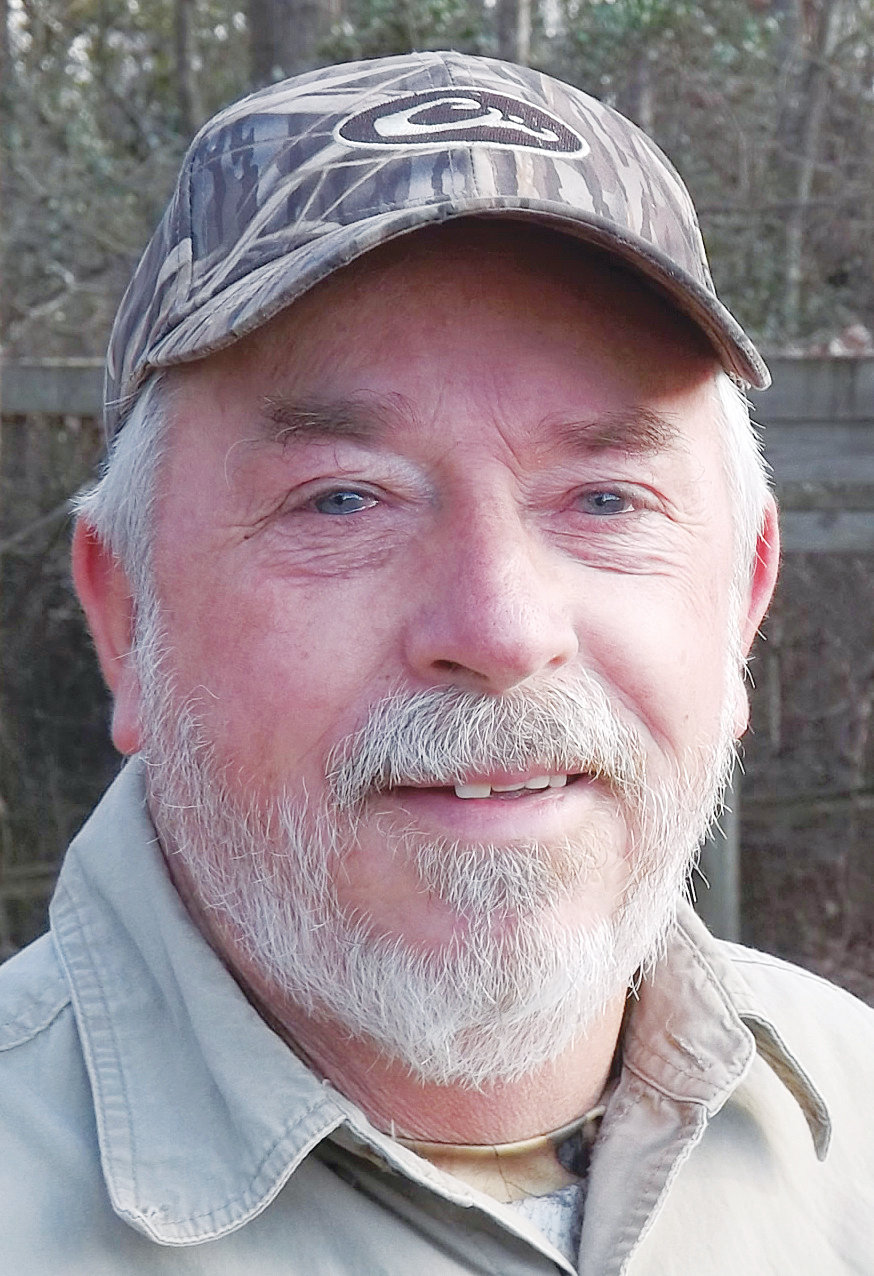What of ethics?

Special to The Sumter Item
I was raised by parents who believed in right and wrong. They taught me to obey the law, behave responsibly and to conduct myself honorably. They taught by their words and deeds. My brothers, sisters and I learned respect and self-restraint from them. Their good teachings have guided me for all of my life.
We grew up in a small town, only a short walk away from the great outdoors. We hunted quail and rabbits and squirrels, then later ducks and deer. We were taught gun safety and woodsmanship. We learned to respect and care for the land. We fished in the local ponds and rivers. Hunted arrowheads in the plowed fields. We asked permission from landowners to do these things and expressed thanks with a gift from our game bag or stringer.
As an outdoorsman, I've realized that there are actually two types of laws. One type is the written law enforced by the government, and the other is the unwritten laws and codes that we impose on ourselves, known as ethics.
Ethical hunters and fishermen never take more than the legal limit, but I believe, more importantly, they never take more than they can use. Ethical outdoorsmen treat fish and game with respect. They believe in "fair chase" and never take unfair advantage of the game being pursued. Ethical hunters choose their hunting companions with care and share a commitment to responsible behavior. With good companions, there are no bad days afield. The ethical hunter is a "giver" who gives a friend the advantage of a good shot and likes the odds slanted in the favor of the game. Ethical hunters practice their shooting skills, prepare themselves for the physical demands and use the right equipment for the task at hand.
Most outdoorsmen will obey the game laws, but that is not enough. The public sees us as ambassadors for all sportsmen. Hunters who behave irresponsibly pose a threat to the future of hunting. Bad impressions are difficult to change and can affect a non-hunter's tolerance of our sport.
Ethical behavior in the outdoors goes largely unseen and unnoticed by most. But it's not done for public praise. It is done for self-satisfaction and pride. We can be proud of ourselves, even if others don't notice.
I know that I am not alone in my behavior and beliefs. There are many of you out there who were raised by fathers and grandfathers like mine. You do the right thing and expect the same from others. We are the silent majority, the ones that carry the torch of ethics.
The outdoorsman's role today is to ensure the survival and well-being of wildlife. With the elimination of many of the top-tier predators, we have taken on the responsibility of our natural heritage. Native Americans considered wildlife to be as sacred as life itself. They expressed reverence and gratitude for the animals that sustained life. We should do the same.
A couple of years ago, sportsmen were asked to support a deer limit bill. To me, it was about good ethics and conservation. The bill passed, and we have new commonsense laws in place to protect the resource.
Aldo Leopold is considered by many to be the father of conservation. In his classic "A Sand County Almanac," he wrote about a land ethic. A love for the land and the soils, waters, plants and animals that inhabit a place. He believed that a land ethic cannot prevent alteration, management and use of these "resources," but it does affirm their right to a continued existence, at least in some spots, in a natural state.
I, and many others, share his love for the land and all the things that make it complete. I believe that good ethics will help guide our continued care for the natural world.
Reach Dan Geddings at cdgeddings@gmail.com.
More Articles to Read
